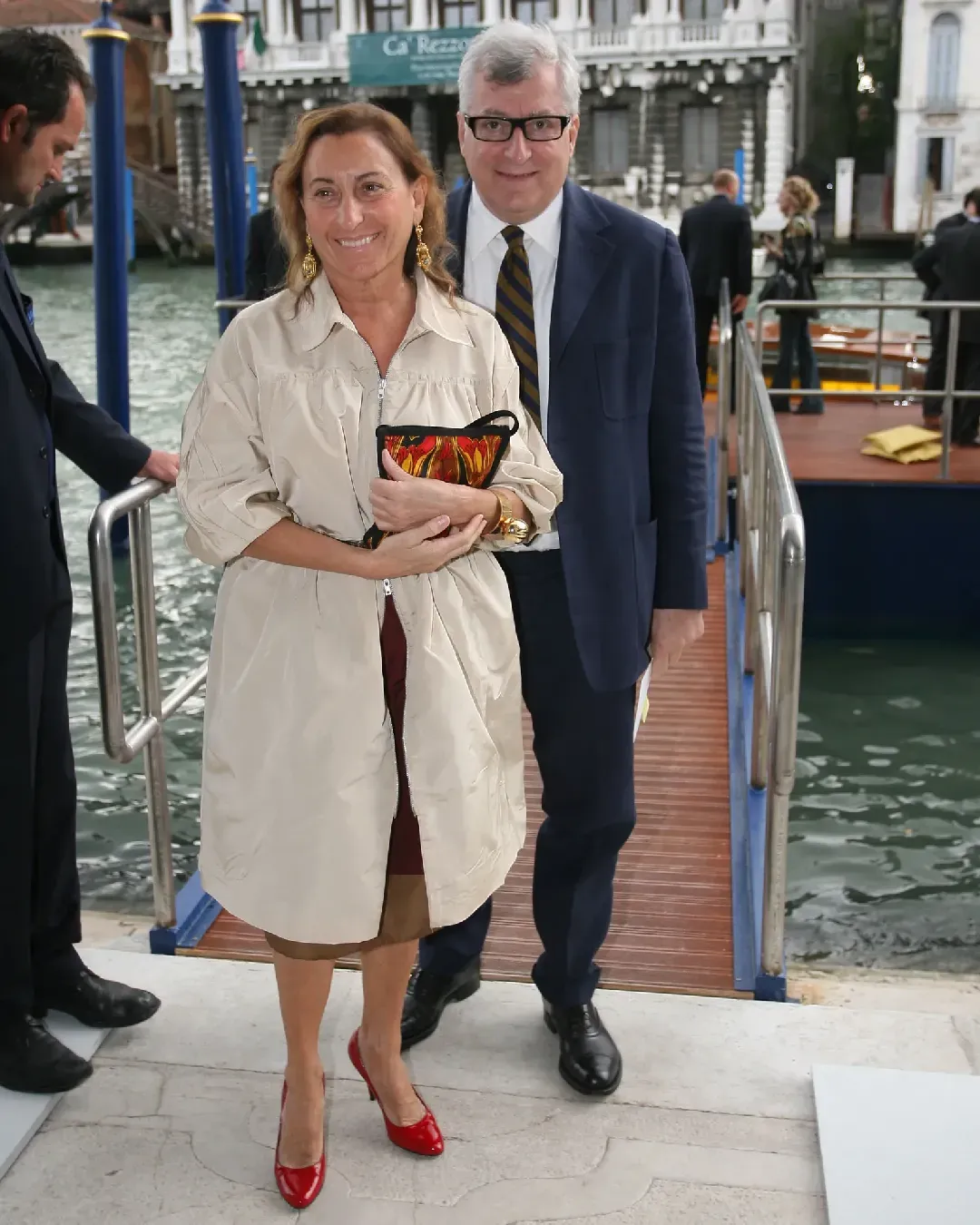
What will happen to Berlusconi's heritage? The opening of the testament will be an Italian remake of Succession
After the death of Silvio Berlusconi, whose state funeral is being held today in Piazza Duomo, the lives of his five children (Marina and Pier Silvio, whom he had with his first wife Carla Elvira Lucia Dall'Oglio, Barbara, Eleonora and Luigi, whom he had with his second wife Veronica Lario) will become an episode of Succession. Until the reading of the will, the stakes are high: an inheritance that Forbes estimates at around 6.3 billion euros, including, among other things, 29 properties, including villas and flats, and 60% of Fininvest, one of Italy's largest business groups, with an annual turnover of 4 billion euros and over 15 thousand employees. Fininvest, which was founded by Berlusconi in 1975 initially to include his construction companies, now controls several listed companies such as MFE (known as Mediaset Group), in which it holds 50% of the shares, Mondadori with 53.3%, Mediolanum with 30%, as well as Monza Calcio, the team bought in 2018 after the sale of AC Milan, and the historic Teatro Manzoni in Milan. Through a complex system of shareholdings, the sons hold 36.7% of the group, divided into more or less equal parts, while the rest belonged to Silvio Berlusconi and remains the subject of succession to this day.
The Post explains how the group, wholly owned by the Berlusconi family, was controlled for decades by a system of '22 boxes': «a complex web of shareholdings between 22 financial holding companies called Holding Italiana Prima, Holding Italiana Seconda and so on'. Over the years, this system has been simplified and today, of the "boxes", as these companies are called in the jargon, only seven remain: the First, Second, Third and Eighth, owned directly by Silvio Berlusconi; the Fourth by his daughter Marina; the Fifth by his son Pier Silvio; the Fourteenth by the three youngest children, Barbara, Eleonora and Luigi.» Through these companies, the five children each hold about 7% of Fininvest, with slight but significant differences: the three youngest children, Barbara, Eleonora and Luigi 7.13%; the eldest, Marina and Pier Silvio, 7.65%. There is indeed a disproportion between the power of the children from the first marriage and the children from the union with Veronica Lario, as the former hold important leadership positions in the companies (Marina is president of Fininvest and Mondadori and Pier Silvio is managing director of MFE and board member of Fininvest), while the younger ones hold marginal positions in comparison - Luigi and Barbara are again board members of Fininvest, while Eleonora plays no role.
Given this imbalance, two sides with different weights could face each other in the future management of the group: the two eldest sons have a combined share of 15.3% and the three youngest sons 21.4%. It is possible that the succession will even out this inequality according to Berlusconi's desired distribution of the remaining 60%. Marigia Mangano explains in Il Sole 24 ore that the legal provisions 'provide that in the absence of a spouse and in the presence of several children, one can freely dispose of a share equal to one third of the assets. «The remaining two thirds fall under the so-called 'legitimate' share and must be distributed equally among the heirs». If this principle were applied, 40% of the Fininvest shares would have to be divided equally among the five children, while the remaining part could be allocated to whoever. «If Berlusconi had chosen the path of continuity and reaffirmed his faith in Marina and Pier Silvio, who are already central figures in the empire, the shares held by the elder children would each amount to about 25 per cent, which would be enough to retain control of the holding company» Mangano said. The annual shareholders' meeting will be called at the end of the month to appoint the board of directors, which will serve for one year. If the composition of the board of directors was previously chosen by Berlusconi, it is not certain that it will remain the same as in the past with the division of shares.























































